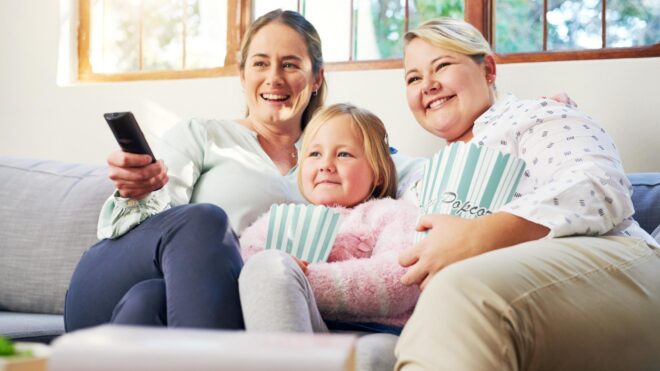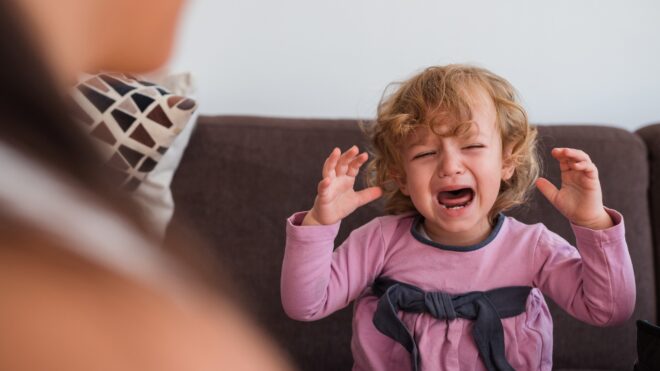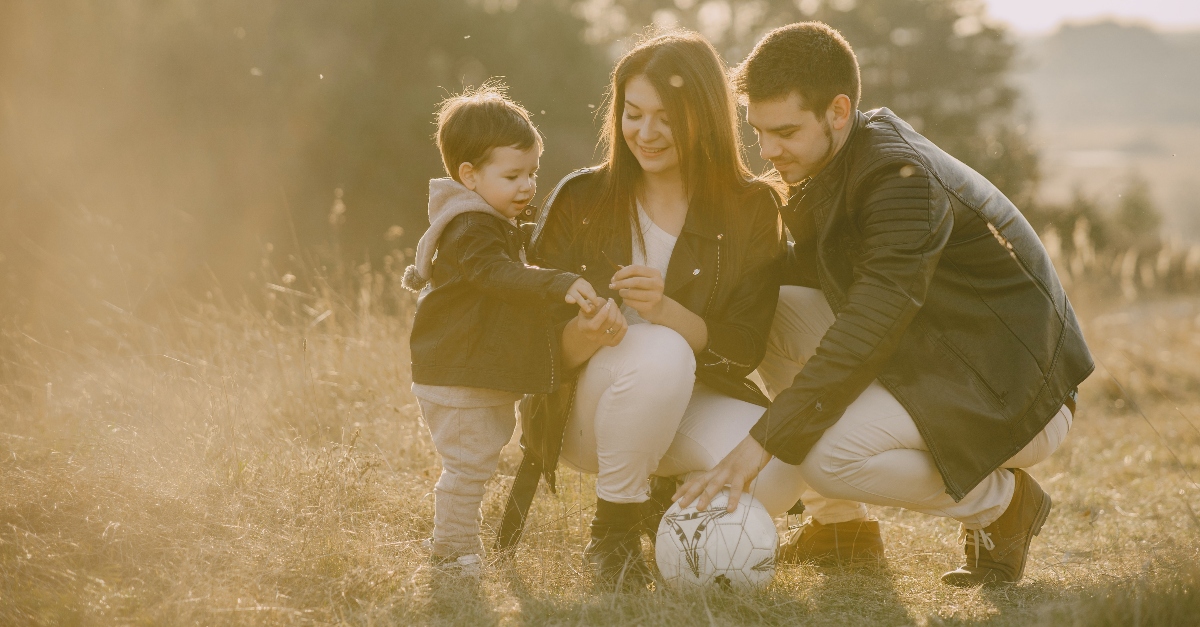
In 2018, I became a foster parent to two amazing little brothers who were both under 2. At the time I was a mom to a 10-year-old, and being suddenly thrust back into the baby years was a fascinating (and exhausting) challenge. Despite that, I can genuinely say I am really happy that I decided to take the plunge and become a foster parent.
In addition to fostering the brothers, I also got to know their mother really well. In fact, while the babies eventually moved to another home (more on that later), I maintained a relationshiph with her just to see how she's doing. That relationship remains one of the more surprising ones that I have ever had.
The decision to become foster parents was one I comtemplated for early 8 years before I did it. The biggest reason that so much time elapsed between the first conversation and the day the babies moved in is that I really wanted to know what my motivatio to be a foster parent was.
If that sounds confusing, you probably haven't been a foster parent! There are a lot of things to think about before you decide to bring someone else's child into your life.
1. Why do you want to become a foster parent?
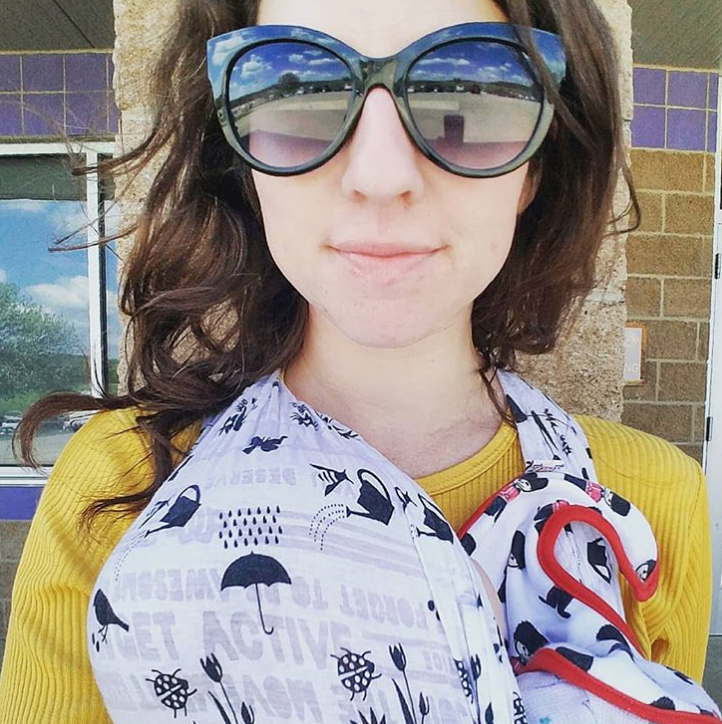
The biggest reason we waited so long to become foster parents is that our reason for doing so kept changing. At first, when our son was 3, we explored foster-to-adopt agencies. We were waffling on whether or not we wanted to have a second child, and doing so biologically wasn't an option. But something didn't feel totally right about the situation, so we backpedaled. After another year or two, we both realized that we were happy with having our son, and only our son.
So, cool. That was our decision, and we're still happy with it. But for other people, becoming a foster parent might feel like the best way to become a full-time parent. And while I understand that completely, it's also really important to understand that if you want a child of your own, becoming a foster parent probably isn't the way to make that happen — adoption shouldn't be your primary motivation.
The goal of foster care is always reunification with the birth family. This might mean the parents or the aunts and uncles, or it might mean a cousin who shows up nine months after the child moves in with you and gets custody. It happens all the time. The process through which your local department of child services finds a biological family is long and complex, and it just sometimes takes a while to track down every available family member and find out if they are open to the child living with them.
If you want to become a foster parent because you want to become a parent, you may be opening yourself up to a lot of heartbreak. But also know that heartbreak is just part of the experience, for everyone, no matter what your motivation is.
2. If partnered, are you both truly on the same page?
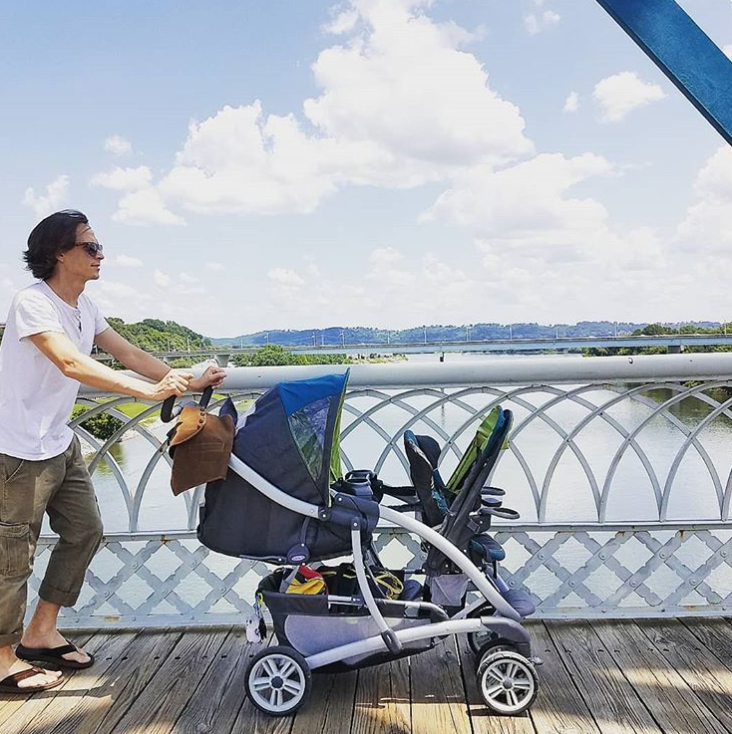
This can be a really hard conversation to have, especially if one of you isn't as fully on board with foster care as the other. And what makes it even harder is that both of you might think you're totally open to becoming foster parents … until you actually do.
So it's really important to have hard, emotional conversations about how much both of you really want to be foster parents. Being a foster parent is different from being a parent in a lot of ways. For starters, the state will be involved in the care of the foster child in your home, and you can't do much about it. You will have to make changes to your lives and the lifestyle that you have.
If you have kids, they will definitely be impacted by this decision, in positive and negative ways. If you are partnered or married, your relationship will definitely be impacted.
It's OK for one of you to not be sure that you're fully committed, and it's important for both of you to acknowledge that. As hard as this conversation can be, you need to have it as often as you can, as early as possible.
3. What age children are you open to hosting in your home?
When we were getting serious about becoming foster parents, I discovered that a lot of people will say they're open to a child of any age living in their home, but then it comes out that they are actually just hoping to have an infant or toddler move in. And that's OK! There are children of all ages in foster care, and they all need homes, but it's OK to have your own preference and to know what you are and are not ready for.
But just be open about this from the beginning. It will save everyone involved a lot of time. Turning down children because they're "too old" isn't nice to anybody, especially when you can quietly let your social worker know your preference.
4. What kind of relationship do you want with the child's family?
One of the biggest things I want to put out there is that as a foster parent, you need to remember that the child in your home has their own family (and will hopefully go back home to that family). One of the best things you can do for this child is to really try to have a positive relationship with their family.
This can feel really intimidating, but just remember that if you feel scared or anxious about reaching out, the child's family is probably feeling the same way you feel and then some. As the foster parent, you are the person with the power here — not the other way around. The tone you set with the family of your foster child is dictated by you, and that tone will color a lot of the interactions you'll have.
I can say from personal experience that we only reaped rewards by being open with the mother of the babies who lived with us. It wasn't always an easy relationship to navigate, but when I found myself feeling stuck or feeling like it was too hard, I would ask myself what I would want if I were her. And then I'd just try to do that.
5. What kind of foster parent do you want to be?
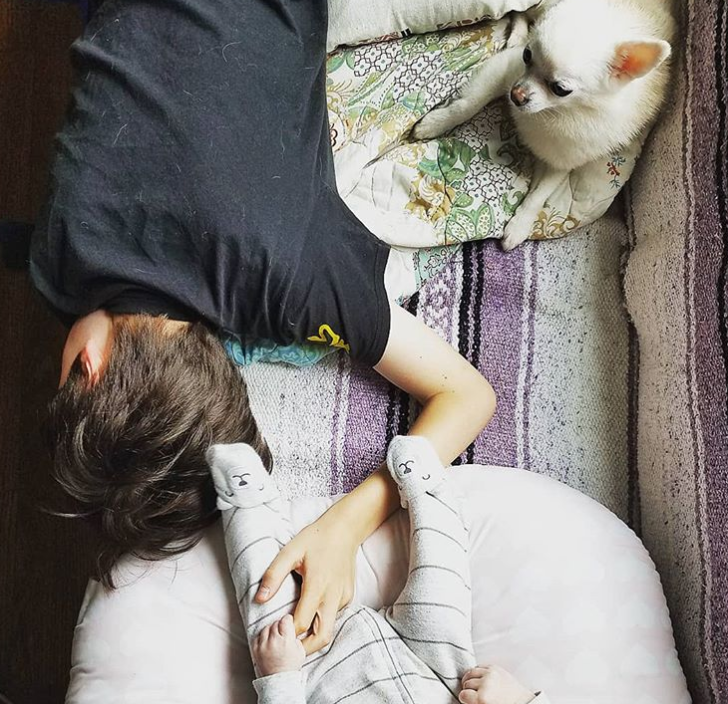
I don't mean in terms of parenting style; I mean in terms of the actual type of care you want to give children. A lot of people don't realize that besides traditional foster care, there are other types of foster parenthood available to you:
- Emergency care: Your household is available for ultra-short-term placements, with calls often coming early in the morning or late at night. If a child needs to be removed from their current home but there isn’t a foster home yet available for them, you will probably receive that child into your home until they can be moved again.
- Kinship care: This is when you become a foster parent to someone you are related to. It could be a close relative or a distant one.
- Therapeutic care: These foster parents welcome children who have experienced intense trauma and who need a skilled person to help them cope and work through it. There is additional training available. Therapeutic foster parents also welcome medically fragile children.
- Respite care: A respite foster parent offers short-term, intermittent fostering. For example, you might open up your home only once a month to a child who just needs a break from their current foster home. The first foster parent I spoke to in person about becoming a foster parent was a respite foster parent, and it’s something I think I’d like to do in the future. Full-time foster parenthood was a lot!
6. Can you afford to be a foster parent?
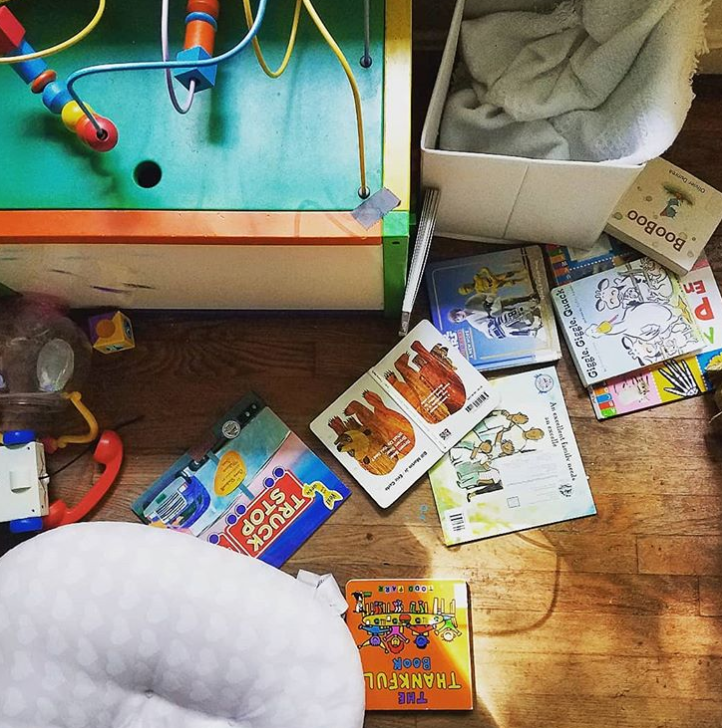
So here's the deal: Most states provide foster parents with a monthly stipend, and that's what you use for the child's needs. I'm talking food, toys, clothing, museum trips, memberships, and so on. In Tennessee, we received what I think was a pretty generous amount, and we poured that back into those kids as much as we could. We took them on trips, we went to the beach, we bought them books and toys and memberships. The works!
But it can take a while for that first payment to land, and if you're living on the edge financially, you need to be prepared to take a big hit the first month or two. Make sure you can adequately support yourselves and get everything you need for the child or children you welcome into your home.
This could mean that you need to have a few more hard conversations, but they're worth it. You definitely don't want to be in over your head(s).
7. Do you have people who can help you?
You will be asked this question over and over again throughout the licensing process, and it's for a good reason: Having people who can help you during the process of becoming a foster parent and then being one is huge.
In this day and age, a lot of us have friends and family spread out all over the country or even the world. It's helpful to have at least a few people who can watch the child, or to have a community that you are part of. That community can be a sports team that you play on, a religious group that you meet with regularly, or just a close circle of friends.
It's good to have people in your corner for practical reasons like mentioned above, but also because you're going to need to talk to someone about everything you're going through as a foster parent. Even the most experienced parent can be overwhelmed by foster care.
8. Are you OK with not getting anything back?
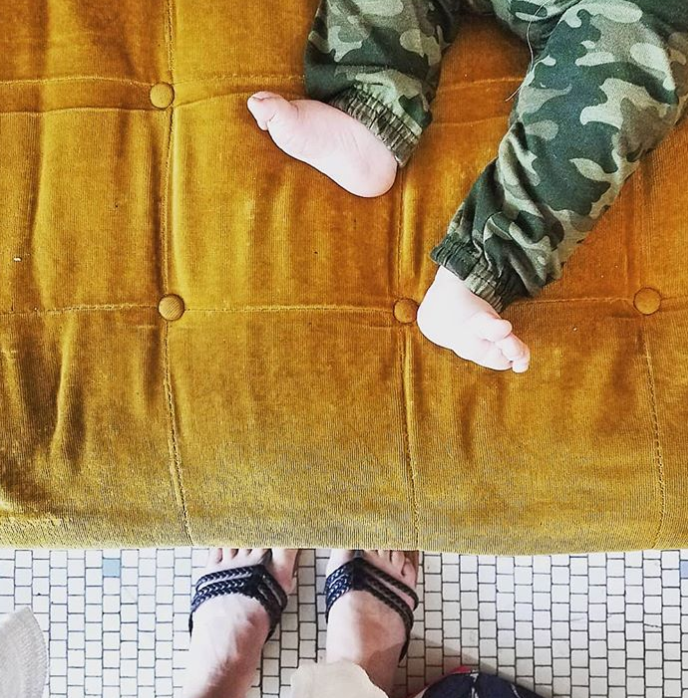
Here's a really important thing about becoming a foster parent: You need to really understand that the child or children who are coming into your home don't owe you anything. You might spend weeks or months pouring into them all the love and support you can, and they might not treat you the way you want to be treated.
Every single child who is in state custody has experienced the heart-wrenching trauma of being separated from their family. It's important to go beyond the foster care training classes that you will undertake and learn as much as you can about how trauma can rewire the child's brain and their behavior.
A lot of foster parents set themselves up for failure by expecting the children they're taking care of to love them or to even respond positively to them. The kids might, but they also might not. A lot of foster parents also expect foster children to be "grateful" for being "rescued" from what the foster parent believes is a "bad home." Remember that up until they were removed from their home, that was the only life the child or children in your home knew.
9. Can you handle knowing the children are not yours forever?
I touched on this briefly above, but it's also very important to make sure you emotionally prepare yourself for the goal of foster care: reunification with family. You could have a child in your home for one or two years, and then all of a sudden the department of child services finds a family member the child can live with, and they're just gone. Or you might plan for a child to stay with you as long as they need to, and then your own circumstances change and force your hand.
For example, our babies had to move out because a family member suddenly needed to move in. This person was living in our living room, which is against the rules here in my state. I worked with the department to find another foster family who had space for the babies, and they are so happy in their new home, so it worked out. But that doesn't mean that it was easy for me to let them go — I miss those guys all the time.
I knew going into becoming a foster parent that this possibility, or probability, existed, but it's still hard (and they moved out six months ago).
10. Are you ready to go all the way in?
Here's what kids who are in state custody really need: unconditional love and support. From experience, I can tell you that it was really easy to give the little 3-month-old and 15-month-old we had in our home a lot of support and love because they were babies. But foster kids of all ages need that same level of care, no matter what their response is.
If you're ready to go all in, even while knowing that you will probably fail a million times, then you're probably ready to become a foster parent. Good luck.


